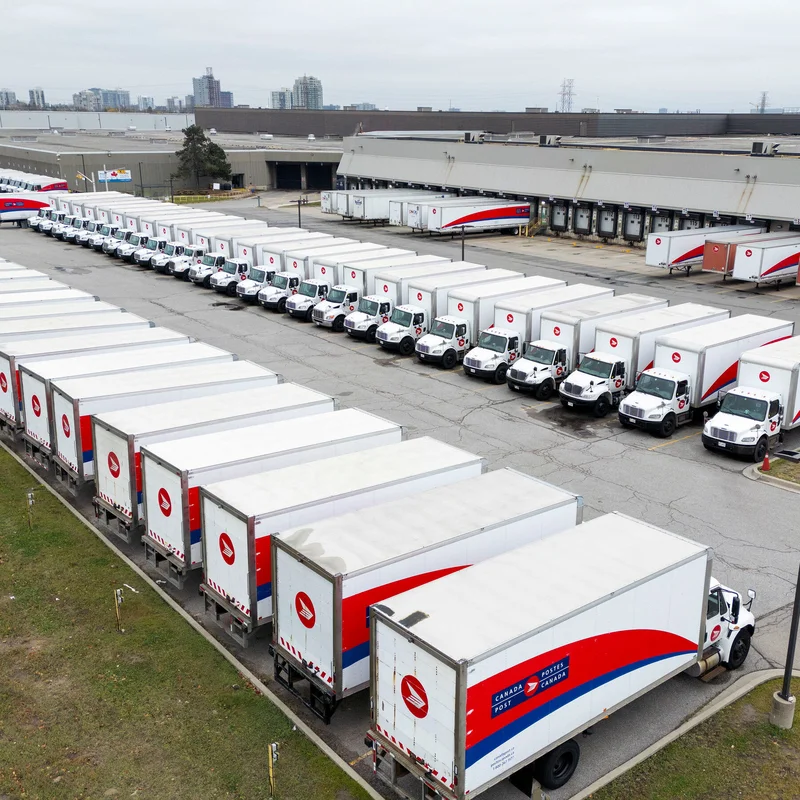Tariff Shock Hits Main Street
While large corporations absorb new import duties with relative ease, America’s small businesses are buckling under the weight of President Trump’s latest wave of tariffs. From florists to apparel makers, owners say they’re being forced into impossible choices: raise prices and lose customers—or eat the costs and bleed profits.

Why Small Firms Can’t Adapt
Unlike big companies with diversified supply chains and bulk purchasing power, most small importers rely on a single country—often China—for essential goods. According to a Federal Reserve Bank of Atlanta analysis, 86% of U.S. sea importers have fewer than 50 employees, making them especially vulnerable to sudden tariff hikes.
Real Stories, Real Pain
- Brandon Mills, Las Vegas: Laid off staff at his promo apparel company after tariffs doubled costs on Chinese imports.
- Kimberly Hyde, Denver: Flowers from Colombia and vases from China now cost 15% more—forcing her to quietly trim bouquet sizes instead of raising prices.
- Lori Andre, Chicago: Paid $74,000 in new duties on Italian footwear—double her usual tariff bill—yet hesitates to pass costs to loyal customers.
Tariff Impact by Sector (2025 Survey Data)
| Industry | % Reporting Tariff Harm | % Expecting Worse in 2026 |
|---|---|---|
| Retail & Apparel | 62% | 68% |
| Floral & Home Goods | 57% | 61% |
| Promotional Products | 65% | 70% |
| All Small Businesses (Avg.) | 50% | 56% |
Source: Gusto Annual Small Business Survey (Aug–Sep 2025, n=1,140)
Fed Warns of Ripple Effects
Federal Reserve Chair Jerome H. Powell acknowledged that “companies in the middle”—those between importers and end consumers—are absorbing most of the tariff burden. “They’re not passing it through yet,” he said, “but they can’t sustain that forever.”
Quote: “It’s hard to breathe,” said Brandon Mills of Total Promotion Company. “It’s difficult to have to survive because of poor policy.”
What’s Next?
Starting October 1, 2025, Trump plans to impose tariffs of up to 100% on furniture, kitchen cabinets, and certain pharmaceuticals. Economists warn this could trigger a wave of small business closures by early 2026.
For more on how trade policy is reshaping U.S. commerce, see [INTERNAL_LINK:trump-tariffs-impact].




